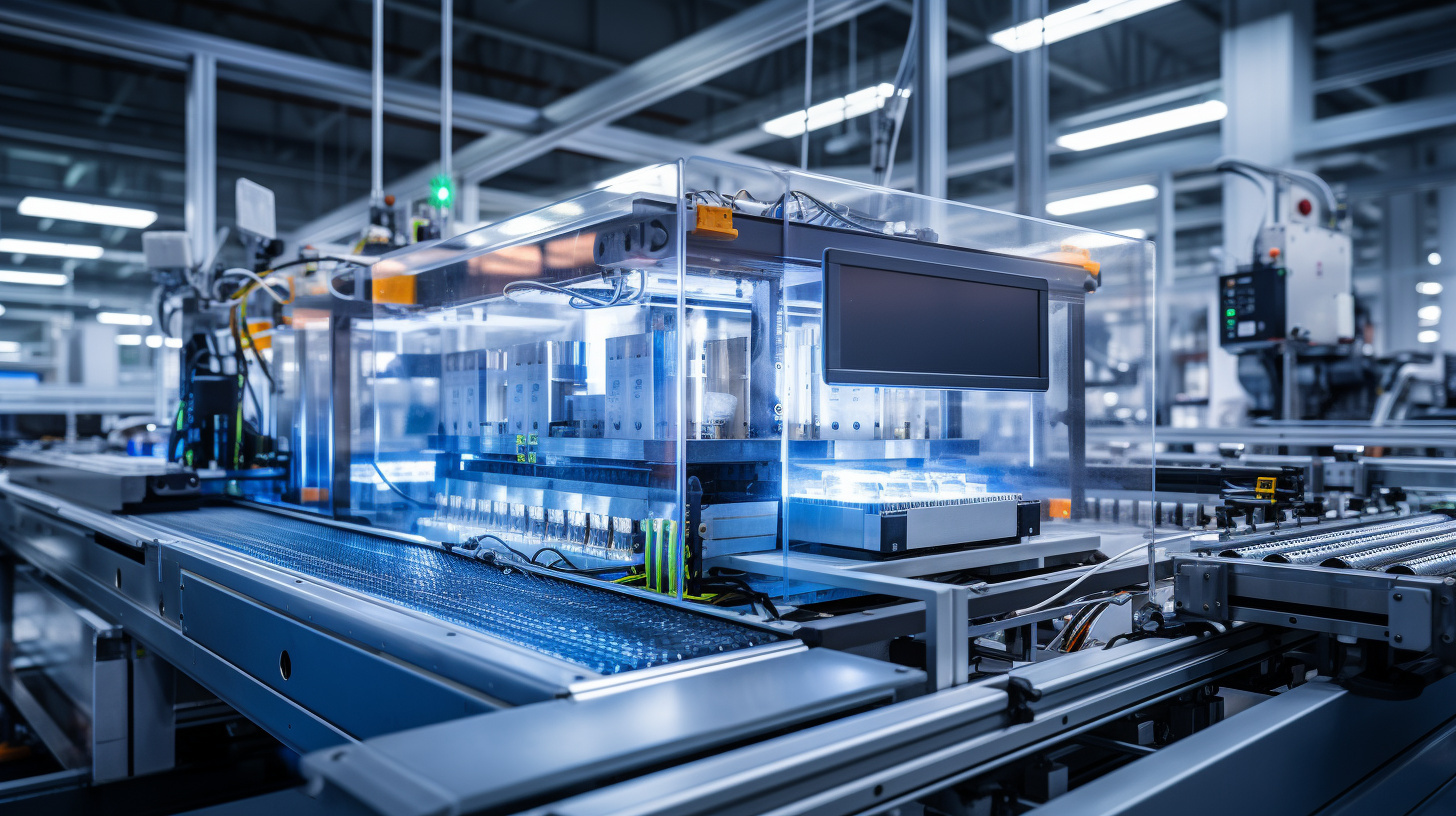In the fields of industrial production and commercial operations, faced with diverse demands and changing technical environments, more and more companies are beginning to choose non-standard customized equipment instead of off-the-shelf general-purpose equipment. Non-standard customization, that is, designing and manufacturing according to the specific needs of customers, has many unique advantages compared to purchasing existing machines. This article will focus on the reasons why non-standard customized equipment has become the first choice in many industries.

1. Accurately match business needs
The biggest advantage of non-standard customization is that it can accurately meet the unique needs of users. Off-the-shelf devices often have to compromise on functionality in order to adapt to the mass market, resulting in an excess or lack of certain features. In contrast, customized equipment is designed to meet the special requirements of users. Whether it is size specifications, process flow or control system settings, it can be highly personalized, thereby improving production efficiency and product quality.
2. Improve competitiveness
In today's fierce market competition, differentiation is the key for companies to stand out. Non-standard customized equipment can allow companies to form unique competitive advantages in product development, production technology and other aspects. For example, customized testing equipment can significantly reduce the rate of defective products; personalized packaging machinery can speed up production and reduce labor costs; intelligent logistics equipment can optimize inventory management and shorten delivery cycles. These targeted improvements have undoubtedly brought substantial economic benefits to the company.
3. Promote technological innovation
Non-standard customization encourages continuous innovation and application of technology. During the customization process, manufacturers need to work closely with users to deeply explore and transform existing technologies and design solutions. This two-way interaction promotes the cross-integration of knowledge and technology, accelerates the research and development of new technologies and iterative upgrades of mature products. For example, the introduction of cutting-edge technologies such as artificial intelligence, Internet of Things (IoT), and big data analysis has greatly improved the performance of customized equipment in intelligent monitoring, predictive maintenance, and PLC control.
4. Better cost-effectiveness
Although the initial investment of non-standard customized equipment is relatively high, in the long run, the comprehensive cost benefits it brings far exceed that of purchasing existing machines. This is because the customized equipment can accurately match the actual layout and operation process of the production line, avoiding the waste of resources caused by redundant equipment functions, and also reducing production stagnation and additional manual intervention caused by equipment mismatch. In addition, customized equipment often has higher durability and lower failure rates, reducing long-term operation and maintenance costs.
5. Customized services and after-sales guarantee
Choosing non-standard customization means getting more thoughtful pre-sales consultation, mid-term project management and post-maintenance services from the manufacturer. During the entire customization process, the supplier will fully consider the customer's budget constraints, construction schedule requirements and technical preferences, and provide one-on-one professional guidance. After the equipment is delivered for use, the customizer will return regularly to respond to various emergencies in a timely manner to ensure that the equipment always operates in optimal condition.
In short, non-standard customized equipment has become the first choice for many companies pursuing refined management and sustainable development due to its unparalleled flexibility, efficiency and economy. As the pace of digital transformation in the manufacturing industry accelerates, future non-standard customization will pay more attention to intelligence, integration and service, creating more value for enterprises and promoting high-quality development of the entire industry.

